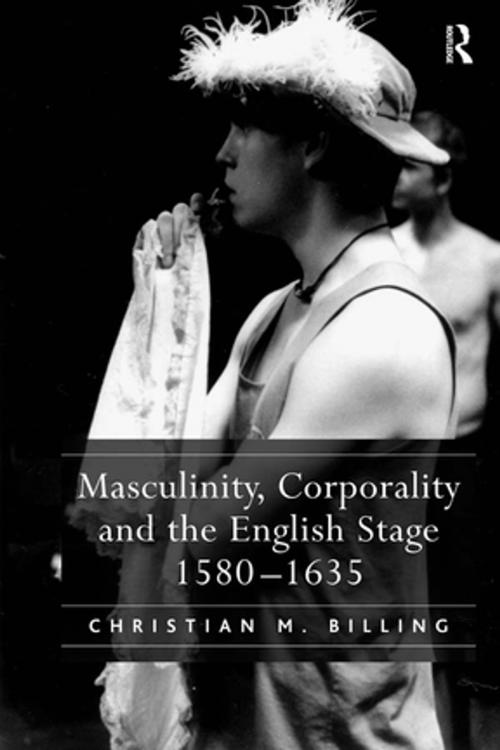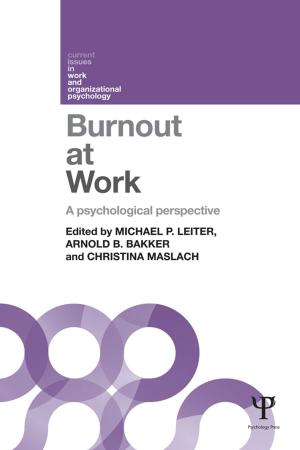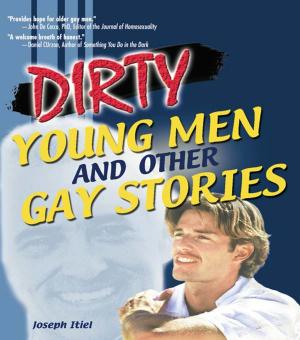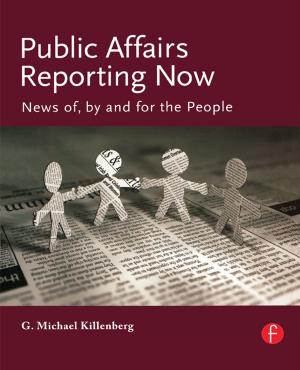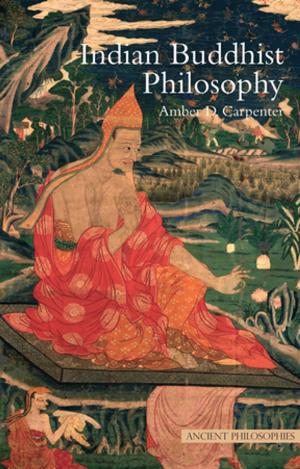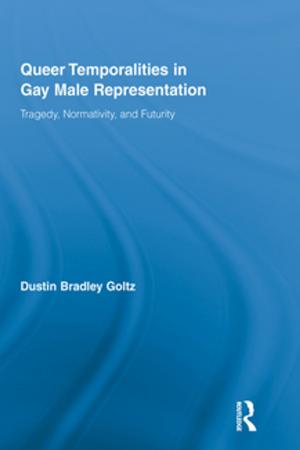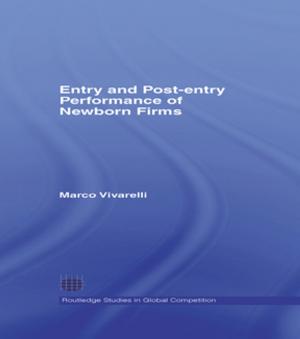Masculinity, Corporality and the English Stage 1580–1635
Fiction & Literature, Literary Theory & Criticism| Author: | Christian M. Billing | ISBN: | 9781317099758 |
| Publisher: | Taylor and Francis | Publication: | September 17, 2016 |
| Imprint: | Routledge | Language: | English |
| Author: | Christian M. Billing |
| ISBN: | 9781317099758 |
| Publisher: | Taylor and Francis |
| Publication: | September 17, 2016 |
| Imprint: | Routledge |
| Language: | English |
The significance of human anatomy to the most physical of art forms, the theatre, has hitherto been an under-explored topic. Filling this gap, Christian Billing questions conventional wisdom regarding the one-sex anatomical model and uses a range of medical treatises to delineate an emergent two-sex paradigm of human biology. The impact such a model had on the staging of the human form in English professional theatre is also explored in appraisals of: (i) the homo-erotic significance of a two-sex paradigm; (ii) social and theatrical cross-dressing; (iii) the uses of theatrical androgyny; (iv) masculine corporality and the representation of assertive women; and (v) the theatrical poetics of human dissection. Billing supports cultural and scientific study with close-readings of Lyly, Shakespeare, Jonson, Middleton, Dekker, Beaumont, Fletcher, and Ford. The book provides a sophisticated and original analysis of the early modern stage body as a discursive site in wider debates concerning sexuality and gender.
The significance of human anatomy to the most physical of art forms, the theatre, has hitherto been an under-explored topic. Filling this gap, Christian Billing questions conventional wisdom regarding the one-sex anatomical model and uses a range of medical treatises to delineate an emergent two-sex paradigm of human biology. The impact such a model had on the staging of the human form in English professional theatre is also explored in appraisals of: (i) the homo-erotic significance of a two-sex paradigm; (ii) social and theatrical cross-dressing; (iii) the uses of theatrical androgyny; (iv) masculine corporality and the representation of assertive women; and (v) the theatrical poetics of human dissection. Billing supports cultural and scientific study with close-readings of Lyly, Shakespeare, Jonson, Middleton, Dekker, Beaumont, Fletcher, and Ford. The book provides a sophisticated and original analysis of the early modern stage body as a discursive site in wider debates concerning sexuality and gender.
